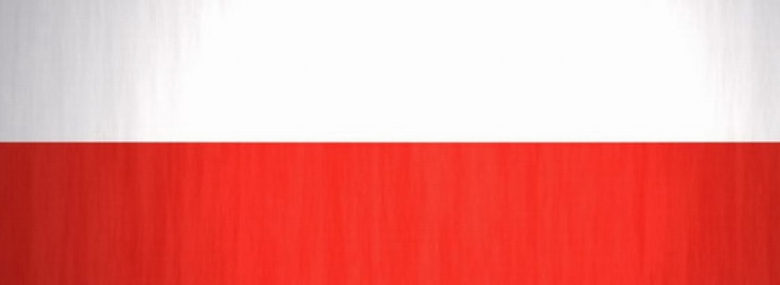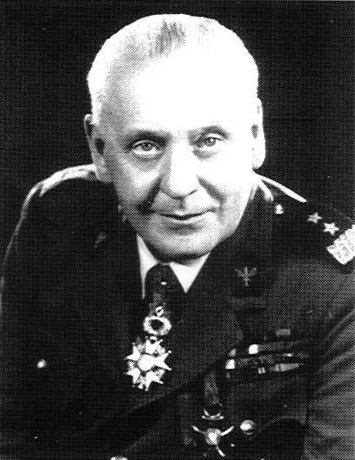
While all the Polish troops in Second World War were known for their bravery and tenacity, few embody those qualities as much as General Stanisław Maczek.
Stanisław Maczek was born on 31.3.1892 near Lviv. Ever since his studies, he was active in various patriotic circles but his career plans were interrupted by the onset of the Great War. Maczek fought against the Russians and on the Italian front and after the end of hostilities, he joined the nascent Polish army.

During the war against Russia he has repeatedly shown talent for the command of mobile groups, gaining a reputation as a caring, brave commander between 1920 and 1938 when he received the command of the 10th Cavalry Brigade, an armor unit that would later become famous as the “Black Brigade”.
Under his command the unit fought bravely against the German invaders in 1939 but the attack of Hitler’s Russian allies shattered any hopes of victory, forcing Maczek to order his units to retreat to Hungary where he was shortly interned. He and his men then made way through various means to France where he joins other Polish units in exile.
The French experience was anything but pleasant for Maczek and his troops and he had to fight the French mistrust and bureaucracy as much as the Germans. After the fall of France, he managed to evade capture and to escape to England via Tunisia, Morocco and Portugal.
The British did not welcome Maczek and his Polish soldiers too warmly and it took more than a year before the Polish 1st Armoured Division was formed – once again, Maczek had to overcome distrust and suspicion, this time from the British. The Polish tank units under his command were first used during Operation Totalize as a part of the First Canadian Army. The Polish tankers once again showed bravery and tenacity, especially during the fighting around the Falaise gap. It was during this battle when the tactical genius of Maczek truly made a difference with his tank forces closing the gap and decimating the retreating Germans.
The 1st Armoured Division continued to advance through Belgium and Netherlands, liberating several cities – including Breda where the Polish forces suffered heavy losses. Maczek was always careful when using the lives of his men and the losses in Breda weighed heavily upon him. It was in Breda where the Polish learned the news of the Yalta conference. They did not take the results of it well as many of the men were from eastern Poland and their former homes were suddenly located in the Soviet Union, the country that attacked Poland only a few years ago. Many saw this as yet another betrayal. Despite this news, the Polish continue the campaign by entering Germany and ending the war near Wilhelmshaven.
General Maczek did want to finally return home but there was no happy ending for him and his men. Seeing how the communists treated the western soldiers (arrests and imprisonment), he chose to stay in exile in Great Britain. In 1946, the communist regime in Poland forcibly stripped him of Polish citizenship – that was the thanks he got for years of service. Since he did not technically serve in the British forces either, he could not claim any military pension and was forced after the war to work as a bartender in Edinburgh. His hotel became a well-known meeting place of former Polish soldiers, who never forgot to salute the man behind the bar.
General Maczek only received some satisfaction after the fall of the communist regime – in 1994, he received a public apology and was awarded with the Order of the White Eagle, the highest Polish decoration. He died on 11.12.1994 and was buried in accordance to his wishes in Breda amongst his men he left there 50 years before.






